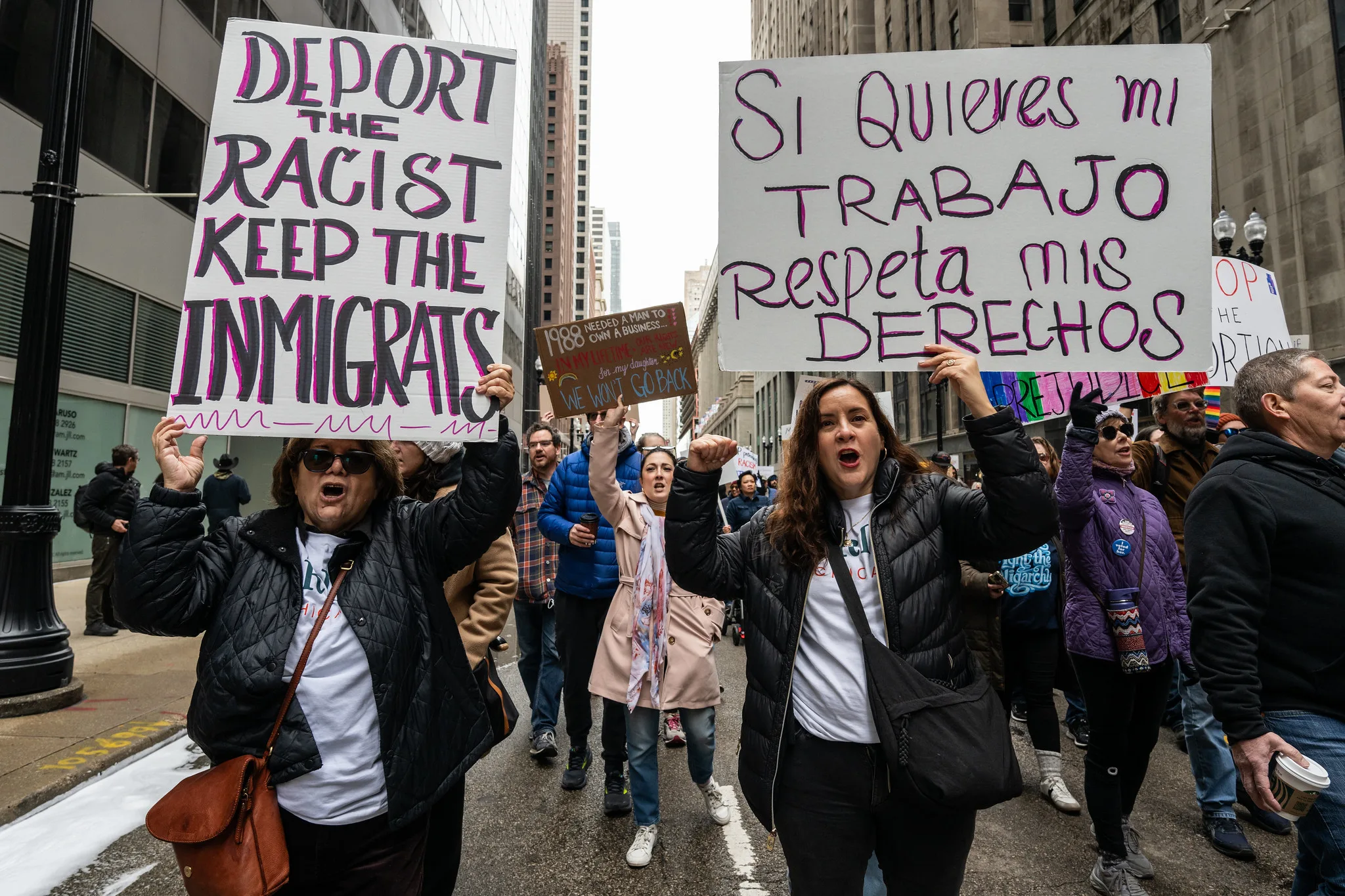The EB-5 is an employment-based visa available to non-American investors who wish to open a business in the United States. Congress created the program in 1990 with the purpose of stimulating the economy through job creation and capital investment created by foreign investors. As part of the program, entrepreneurs, including their spouses and children, can apply for residency if they make the necessary investment in a business in the U.S. and “plan to create or preserve 10 permanent full-time jobs for qualified U.S. workers,” according to USCIS.
As of November 21, 2019, applicants must invest a minimum of $1.8 million in a business based in the U.S. or least $900,000 into a targeted employment area (TEA). Congress has set aside EB-5 visas for participants who invest in TEAs, which are usually high-unemployment or rural areas, to promote economic growth.












